Yesterday, I had digital coffee with a cohort, Justin. During our conversation, we were discussing "how do you bring value to people when you say that you do branding?" The challenge is commonplace. Using jargon or language can be a put-off, but saying you do branding isn't jargon–it's a real thing. But for some folks, it feels like jargon, so they tune out. And if they tune out, they've missed the value you have to offer. You don't want that.
In fact, the majority of folks (end clients) don't know what branding really does, is meant to do, or what it is—and yes, they're out there, and they're typically your or my clients). In fact, these people are your potential clients. They're going to knock on your door, and when you introduce yourself, what are you going to say? If you share your title and who you've worked with, that may give them a ballpark idea, but still doesn't tell them how you can help them.
branding is the lynchpin that helps a business succeed in the marketplace helping them accomplish their goals
As a digital agency owner, you want to add the most value to their clients. You want to increase your bottom line, increase your client's ROI, and want to provide solutions You don’t want to leave money on the table, and upon seeing a horrible logo you know doesn’t work––nor is professional enough––you don’t want to slap that ugly thing on your pretty website nor use it as the core of what everything’s based on.
So, what to do?
I personally believe that branding is the lynchpin that helps a business succeed in the marketplace helping them accomplish their goals––both business and purpose-related. You and I both know that branding is so important. The art of addressing perception and influencing behavior is no easy task, and selling it isn't either.
When it comes to discussing it with a client, its really hard b/c it feels like it has to be this ethereal conversation, that’s really “META,” and yet at the same time, you want them to simply “get it” as much as you do.
But selling branding can be a lot easier if you learn to how to reframe it. By looking for what problems the client is having, you can address how to sell branding in such a way that the client is literally asking for it. So, here’s a couple ways to jumps start the conversation.
STEP #1: Identify what stage their business is in, and what activities are occurring.
The challenges their business have will directly be proportional to the age and stage their brand is. There are several stages in brand life; inception, infancy, adolescent, growing, matrimony, mid-life, prime, legacy, and decline.
If they’re a nascent brand, they’re going to have troubles coming up with the basics. If they’re in infancy, they still don’t know how to walk and talk, let alone dress their business. If they're an adolescent brand, they may not have a strategy to turn their brand into consistent experiences to grow. If they're a growing brand, they're starting to have systemic issues outside of just design, such as wanting to attract top-level leadership/talent. If they've just merged, communicating value or how to address change will be a priority. If they're a legacy brand, then their name is synonymous with the industry. They'll need to address innovation as a way to stay on top. If they're in decline, you'll need to address how to reintroduce themselves to a younger world.
Each has its own unique challenges according to each stage. Once you understand where a client's business stage is, its the difference between changing diapers and addressing the challenges of puberty. If you're not familiar with Brand Stages, check out this page here, it's a great primer.
Step #2: Look at their Business Goals
Next, look to their business goals. It’s really easy to know that if they’re looking to launch a new product, they’re obviously going to new a new product name. But then, after that, it seems to get fuzzy.
So, here are some scenarios to help you guide your client and help them realize they have a branding issue: Help them identify scenarios, asking about things such as:
- are you having difficulty attracting high-quality talent?
- have you always been in your market? are you in a new market now that you didn’t start out in?
- are you worried about your company’s value? Is your stock becoming devalued?
- Do you feel like customers aren’t loyal?
- Does your competition have a significant advantage over you?
- Are you having a hard time commanding a premium price?
- Are you a leader in your niche, but no one knows it?
- Are you attracting your ideal customers?
Learning to ask what's happening is like a talent of diagnosis. You're the doctor. They've come to you. They have a problem, but to find out, you need to hear about the symptoms they're experiencing. "How do you feel handing out your business card? Or when you direct people to your website?" Investigative questions focused on emotional feedback provide objective input on their business.
If they say they’re embarrassed or unhappy, that’s a clear reason to explore. Simply even asking them how do they currently feel about their brand is a great start. Then, add a caveat: “if what you like wasn’t working in the market, would you want to know?” That will start the conversation for sure, and really give you a strong feel for whether they’re a client that wants a quick fix or a capable partner.
At the end of the day, you may work in web, branding, social, PPC, or design, but your main gig is that you’re a consultant. You may not like the term, but the sooner you understand that you're there to provide consultation, the faster and easier it will be to sell branding, in addition to your website and/or other services.
Pointing out somethings confidently as a consultant could really help your client, and it's what they need–they're not the expert. That's what you're there for. There's room to state such things as:
- It seems to me that you brand name no longer reflects your company’s vision.
- Your competitive advantage is vague or poorly articulated.
- Your brand lacks focus and is too complex to understand. Our business model or strategy has changed.
- It seems that your business has outgrown its current brand.
- We’re undergoing or recently underwent a merger or acquisition.
- Our business has moved or expanded its geographic reach.
- It seems pretty clear you want to disassociate your brand from a negative image.
- From what I’m hearing, you’re struggling to raise our prices and increase our profit margins. We want to expand our influence and connect to new audiences. We’re not attracting top talent for the positions we need to fill.
Once you've gotten your client to share and agree about some of the common points above, the answer is clear. The way to address all these problems is branding. Whether it's naming, updating a brandmark, or redefining strategy, branding is the tool in your toolbox that starts as a magnifying glass to investigate and turns into the tool you choose to help them achieve success. Agencies in our Agency Partner program see this every day, with unlimited on-going support and help during the sales and discovery process to help ensure together, they're addressing all the right problems, and not just selling branding.





About The Author: Stæven
Branding nerd and design researcher. Founder + Principal at Quantum Branding. Loves oranges, scooters, white mochas, coke zeros + cats. Hates condiments and folding laundry.
More posts by Stæven